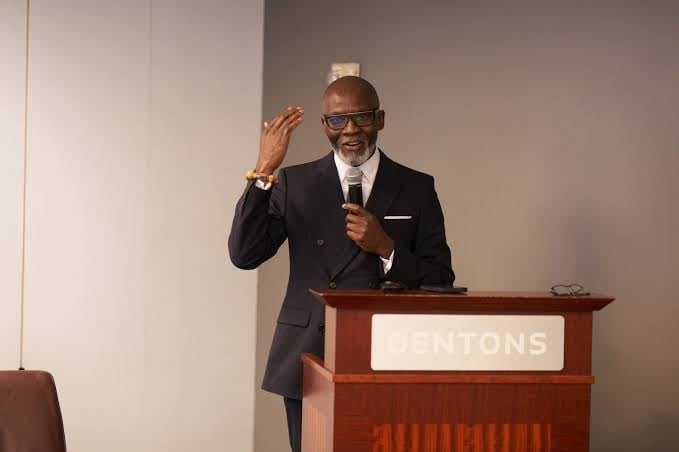The call for Africa’s inclusion as a permanent member of the United Nations Security Council has resonated for decades, echoing the continent’s aspirations for equitable global representation and influence. This longstanding plea gained renewed momentum with recent pronouncements from influential African figures, including Ghanaian legal practitioner Gabby Asare Otchere-Darko and Kenyan President William Ruto, who have urged more decisive action to rectify what they perceive as a historical injustice. Otchere-Darko’s proposition of a collective boycott of the 2026 UN General Assembly by all African Union member states represents a potentially radical departure from traditional diplomatic approaches, signaling a growing impatience with the slow pace of reform within the UN structure.
The core of the argument lies in the perceived imbalance of power within the UN Security Council, the body responsible for maintaining international peace and security. Currently, the Council comprises five permanent members – China, France, Russia, the United Kingdom, and the United States – each wielding veto power, and ten non-permanent members elected for two-year terms. This structure, established in the aftermath of World War II, reflects the geopolitical realities of that era but has been criticized for failing to adequately represent the evolving global landscape, particularly the increasing significance of Africa. Critics argue that Africa’s absence from the permanent membership undermines the legitimacy of the Council’s decisions, especially on matters pertaining to the continent, and perpetuates a system where African nations are often subjected to decisions made without their full participation and consent.
President Ruto’s forceful assertion that Africa’s exclusion is “unacceptable and indefensible” underscores the growing frustration with the status quo. He emphasizes the need for a unified African voice on global platforms to advance the “Common African Position” and ensure that the continent’s demands are no longer postponed. This call for unity highlights the importance of a cohesive strategy among African nations to exert pressure on the international community and secure the necessary reforms within the UN. Ruto’s acknowledgment of the responsibilities that accompany permanent membership, including the need for a clear mechanism for selecting African representatives, demonstrates a pragmatic approach that acknowledges the complexities of achieving such a goal.
The proposal for an AU boycott of the UN General Assembly, while drastic, reflects the increasing sense of urgency surrounding this issue. Such a move would undoubtedly send a powerful message to the international community, highlighting Africa’s determination to secure a more prominent role in global governance. However, the practical implications of such a boycott warrant careful consideration. A collective absence from the UNGA could potentially isolate African nations from crucial international discussions and negotiations, potentially undermining some of the very goals they seek to achieve. Furthermore, the success of such a strategy hinges on the unanimous participation of all AU member states, a feat that may prove challenging given the diverse political and economic interests across the continent.
The debate over Africa’s representation on the UN Security Council raises fundamental questions about the effectiveness and legitimacy of international institutions in the 21st century. The existing structure, rooted in the post-World War II order, is increasingly seen as outdated and ill-equipped to address the challenges of a multipolar world. Africa’s growing economic and political influence demands a corresponding increase in its representation within global decision-making bodies. The calls for reform are not merely about symbolic representation; they reflect a desire for a more equitable and just international system where African voices are heard and African interests are given due consideration.
Moving forward, the challenge lies in translating these calls into concrete action. While a boycott of the UNGA represents one potential avenue, a more effective approach may involve a multi-pronged strategy that combines diplomatic pressure, coalition building, and internal consensus-building within Africa. The key will be to maintain a unified front and leverage Africa’s collective strength to negotiate a more equitable position within the global order. The ongoing discussions and debates surrounding UN Security Council reform underscore the vital importance of addressing historical injustices and ensuring that international institutions reflect the realities of a changing world. The quest for Africa’s permanent seat on the Council is not just a matter of representation; it is a fundamental question of fairness, justice, and the future of global governance.














